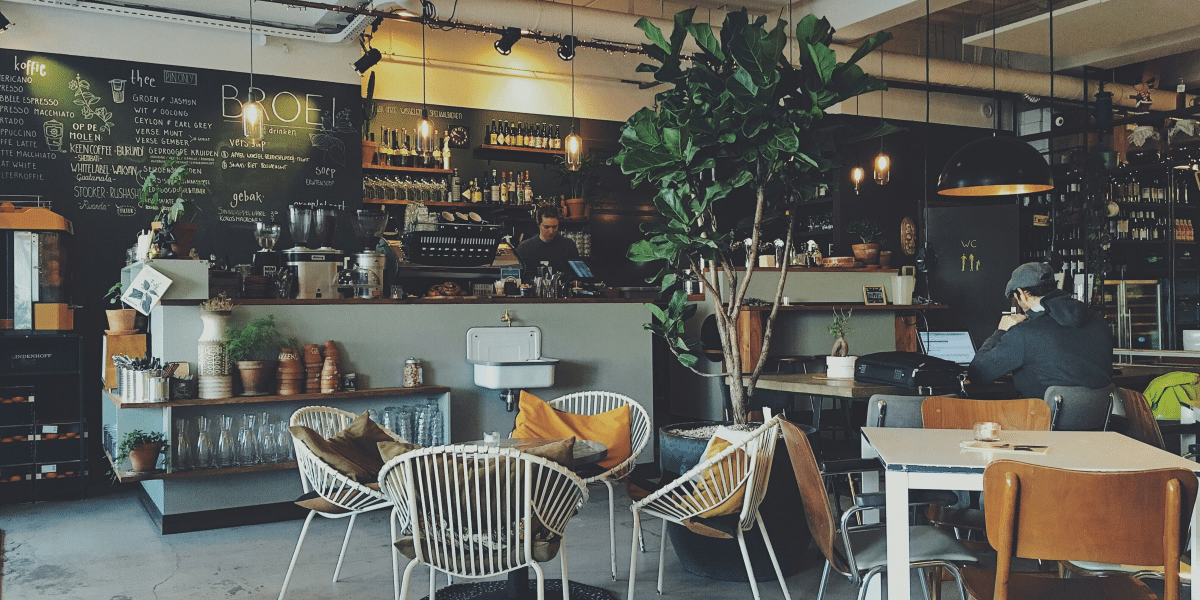Every entrepreneur dreams of having their startup venture or company funded, though it can often take months (if not years) of pitching to VCs to acquire an investment. As such, most entrepreneurs are no strangers to feedback and criticism from VCs regarding their pitches. Perhaps their business model needs refining or their projected finances aren’t clear enough for a VC to feel comfortable investing in their business.
Yet, when a non-white and/or female entrepreneur pitches their business idea to an audience of predominantly American investors and VCs, the feedback they receive is commonly coupled with a slew of other, unrelated criticism pertaining to their gender, race, or background. While troubling, when we take a deeper look at the demographics of the VC industry, it’s little surprise as to why this happens so often. According to a 2020 report by Women in VC, women make up less than 5% of all VC partners in the US. Of that, less than 1% are BIPOC women.
The silver lining with these statistics is that, despite massive gaps in gender and racial representation in the VC space, “this research has found that over the last five years, the number of women-led funds has nearly quadrupled, and there is evidence this rise is accelerating,” according to Forbes.
One example of such evidence is Diane Yoo, a second-generation Korean-American woman who has spent more than 15 years as an accredited investor, VC, and entrepreneur. Having personally experienced the prejudice faced by many female and BIPOC entrepreneurs, particularly by white men who refused to recognize her value as an Asian-American woman and investor in the VC space, Yoo has spent her career developing the skills necessary to not only become a successful entrepreneur and investor herself, but helping those like her do the same.
Disparities and double-standards facing Asian entrepreneurs
According to Yoo, Asian-American women entrepreneurs and business leaders face far greater hurdles than their white male counterparts when seeking investments from VCs or striving to land themselves into executive positions.
“There is a rampant double-standard for Asian-American women in the VC space,” says Yoo. “Despite often possessing higher levels of education from more prestigious schools or universities, and having more professional experience in their specific field, we routinely run into greater boundaries when trying to get into executive positions or acquire investments from VCs for our businesses. Part of this is due to a lot of systematic issues that need to be addressed, such as the perpetuation of stereotypes that Asian women are more ‘exotic’ and unable to take her company to a $1B valuation, or that they should be quiet or submissive in the presence of men,” Yoo adds, “lest we be labeled as the ‘dragon lady’ when we act more confident or bold.”
Along with these examples of systematic discrimination ingrained into the fabric of our society, it would be a disservice not to mention the rise in anti-Asian hate crimes stemming from the onset of last year’s COVID-19 pandemic. According to the advocacy group Stop AAPI Hate, almost 3,000 incidents of hate crimes targeting Asian-Americans were reported last year. In New York City alone, the Big Apple’s hate crime task force reported a nine-fold increase in hate crimes targeting Asian-Americans over the same period of time the year prior.
According to Bloomberg, Asians consisted of less than 2% of all corporate officer positions in Fortune 500 companies in 2012. While this number has grown over the past decade, Asians still comprised less than 4% of Fortune 500 corporate officers in 2020, and less than 2% of Asian women hold managerial positions in the US. With such prejudice facing Asian-Americans, and especially Asian-American women, it’s little surprise that Yoo has spent a large portion of her career creating initiatives to bolster the representation of Asians and Asian women in the entrepreneurial and VC sectors.
Spearheading DEI initiatives in the VC space
Throughout Yoo’s career as an accredited investor and VC, she has focused on investing in dozens of companies with diverse founders through creating angel and investing networks and numerous venture funds. Along with her work as a founding partner for a Healthtech and Medtech VC firm — in partnership with Texas Medical Center, the largest medical center in the world — Yoo has also worked extensively with more than 700 global companies to deploy capital investments into the startup ecosystem, and launched venture funds for more than 15 US universities.
“I’m specifically interested in and focused on awarding and funding startup businesses led by Asian-Americans and Asian women,” Yoo says, “because building their wealth and legacies allows others like us to follow in our footsteps. As a VC, I’m committed to unlocking opportunities and creating value from an investment perspective to businesses through consulting and mentorship to help their ventures get launched and grow at scale.”
Along with serving as a partner and mentor to the Global Venture Accelerator, Yoo is also the founder and partner to the Global Women and Diversity Accelerator, as well as the national pitch competition in partnership with the largest B2B Asian-American nonprofit organization over 10 different US cities. Yoo is also the official US partner to the South Korean government for connecting with — and securing investment deals for — up to 1,000 startups annually, and routinely partners with other accelerators focused on helping Asian, Asian-American, and female Asian entrepreneurs build successful, lasting businesses.
More recently, however, Yoo has founded and launched Identity Unveiled, a national media platform for diverse women in leadership with a predominant focus on Asian-American women entrepreneurs who, like her, either have or aim to shatter the glass ceiling. Each of these initiatives, Yoo explains, is crucial to her work in helping to create a more diverse and inclusive space for Asian and Asian-American entrepreneurs.
Creating a more inclusive and equitable future for underrepresented entrepreneurs
As a female entrepreneur and experienced VC herself, Yoo is extremely passionate about giving more opportunities to Asian entrepreneurs, but particularly Asian women and other entrepreneurs who identify as BIPOC.
“I see firsthand the inequalities and disparity gaps and lack of opportunities for Asian-Americans and other POC regarding VC fund managers. Billions of dollars are given towards POC, but they’re not specifically earmarked for Asian-Americans or Asian-American fund managers. We’re seeing that passed to other POC communities, but the worst part about this is that there’s no transparency. Many corporations just check off what they internally believe or think a DEI initiative looks like, rather than distribute it to diverse VC fund managers like myself.”
For instance, let’s say that a large Fortune 100 corporation creates a $150M VC fund aimed towards investing in businesses owned and operated by POC. As Yoo explains, the majority of those funds are typically given to a notable leader of the demographic, but this is the point at which the dispersing of those funds ceases to be transparent.
“When this occurs, the transparency in creating a more inclusive space in VCs falls to the wayside,” Yoo continues. “I want to create more opportunities for underrepresented founders and create generational wealth for progress and change. It’s important that we trailblaze a path for the next generation of diverse investors in order to shape the future of venture capital.”









